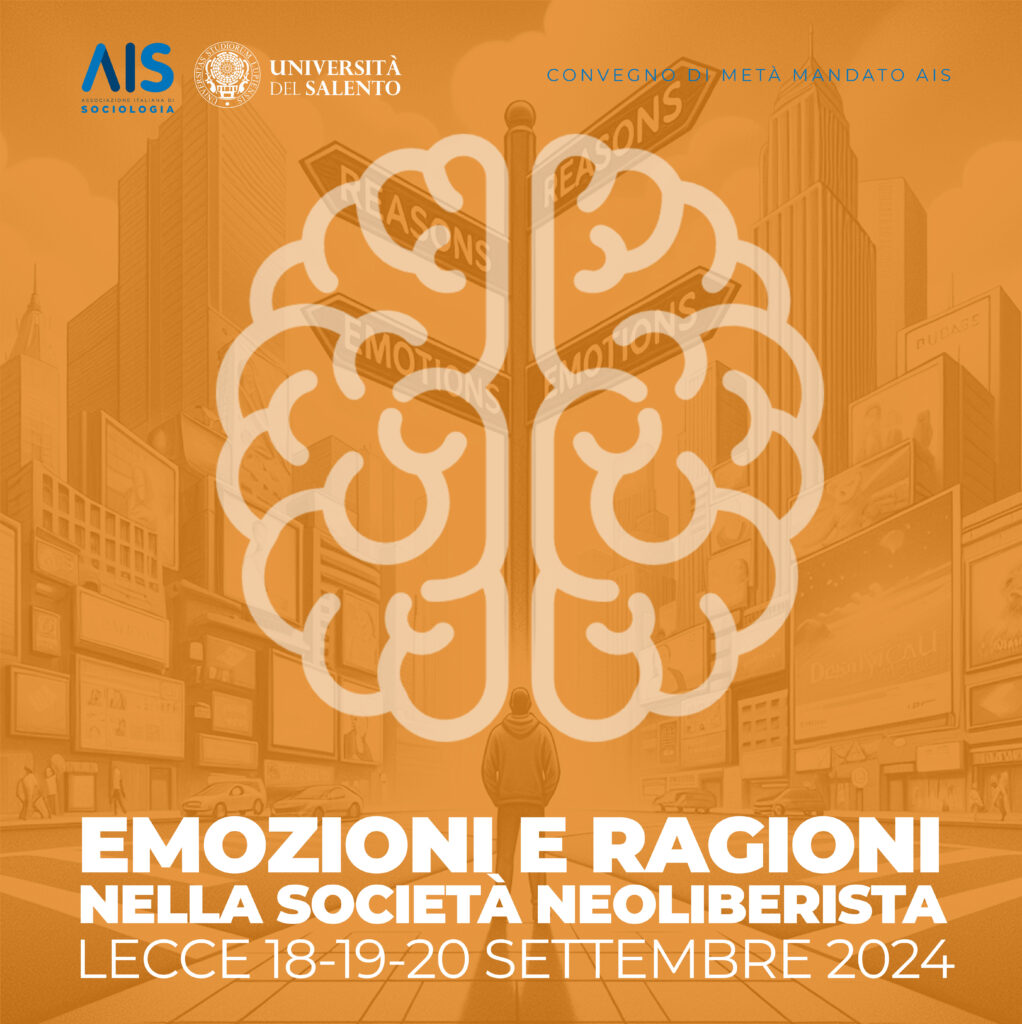For a long time, the rise of modernity was viewed by social sciences as the triumph of a process of rationalization and disenchantment of the world. This perspective suggested that society would evolve to a state where, to paraphrase Marx and Engels, emotions, passions, and human relationships “would be drowned in the icy water of egotistical calculation” alongside the “holy ecstasies of religious fervor, chivalric enthusiasm, and philistine sentimentalism.” This hyper-rationalistic view of modernity was not only an ideology but also an idealization from which reality increasingly diverged.
Studies by scholars such as Vilfredo Pareto, Hannah Arendt on the origins of totalitarianism, and Norbert Elias on the civilizing process have shown that modernity was constructed through a reconfiguration of the relationship between “reasons” and “emotions,” rather than by eliminating the emotional component in favor of the rational one.
Despite this, sociological theory long maintained an approach that was more attentive to the rational component of action than to the emotional. This tendency began to change in the 1970s, when a sustained interest in emotions emerged, recognizing them both as a component of action and as an object of sociological analysis, notably in the work of Arlie Hochschild. This shift led to the development of research programs focused on aspects of the social that cannot be reduced to the paradigm of the rational actor, such as imagination, sexuality, and play. The post-industrial shift and processes related to globalization made the integration of the emotional component in analysis even more evident, consolidating research strands centered on the sociology of emotions, as seen in the works of scholars like Melucci, Alberoni, Touraine, and Wieviorka.
The analysis and critique of neoliberalism must start from the need to develop interpretative frameworks, research techniques, and theoretical models capable of re-addressing the inextricable knot between “reasons” and “emotions” and recognizing their ambivalence. On one hand, the development of global capitalism has been based on the valorization of emotions and the multiplication of hyper-performative and emotionally intensive models of subjectivity, overturning the cold “worldly asceticism” that Weber identified as the basis of early capitalist spirit. On the other hand, dimensions of “indignation” and “resentment” have represented vectors of social and political mobilization capable of shaking the foundations of the public sphere worldwide, with diverse outcomes.
The critique of the neoliberal model cannot focus solely on diffuse emotionality but must engage in rational processes of analysis to highlight how even the emotional component is valorized. In this regard, the study of the development of digital capitalism and related processes of datafication and gamification represents a privileged field for this investigation.
We must then ask how reason and emotions shape contemporary society. This includes highlighting how instrumental rationality contributes to contemporary crises, such as the environmental crisis and the crisis of peace among peoples. Simultaneously, emotions assume significance both as a tool of critique (e.g., in the form of protest) and as a means of control (e.g., in the form of consumption and commodification). On this highly ambivalent terrain, the media play a central role as generators of emotional spheres.
The challenges posed by modernity in its current form cannot be reduced to a choice between rationality and emotion. Social sciences must start from the dual rational and emotional nature of social processes and, from this awareness, propose plausible representations and practical solutions.
The conference “Emotions and Reasons in the Neoliberal Society” intends to address these themes, focusing particularly on the Italian and European contexts. We invite scholars to submit papers that explore the interplay between emotions and rationality in contemporary society, the impact of neoliberal policies on emotional and rational aspects of life, and the role of emotions in social and political mobilization.

